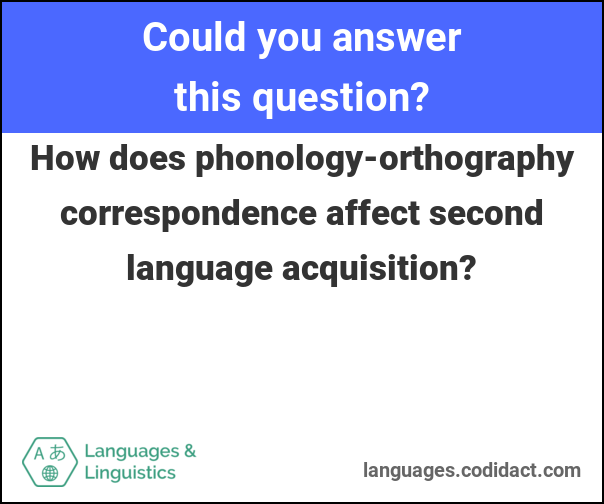Is Social Media Science Fiction?
I am writing a science fiction story (actually a screenplay for a film, but I imagine that for the purposes of this question the same rules apply) and I have been told that it isn't really science fiction. It's a series of vignettes with an overarching plot about the snowball effect, and is designed to not really have any single antagonist; the primary "vessel" for this is social media and its abuse. All of the social media used does currently exist (it's a film for a school project, so I get fair use). Does this... count as science fiction? If not, why?
This post was sourced from https://writers.stackexchange.com/q/44456. It is licensed under CC BY-SA 3.0.
3 answers
I wouldn't really consider a story science fiction if the science and technology in the story exists entirely within the confines of reality today. For it to count, some aspect of the technology in the story would need to be more advanced or significantly different compared to what currently exists today.
Tom Scott actually has a lot of videos outlining sci-fi-themed hypothetical scenarios relating to social media and the internet, so here are some examples, along with my view on whether they seem like science fiction:
Doesn't feel like science fiction (rather, just fiction):
- Single Point of Failure: The (Fictional) Day Google Forgot To Check Passwords: Entirely plausible in the modern-day world.
- Flash Mob Gone Wrong by Tom Scott: "Any similarity to actual events or people is purely coincidental", but it's entirely plausible within the confines of modern-day technology and social structures.
Feels like science fiction:
- The Bubble: imagine the web without trolls, or shocks, or spam: The technology needed to implement this as described is still beyond us :)
- Oversight: Thank you for volunteering, citizen. Feels like 1984 (social science fiction). The system and social structure described in this video has some sci-fi vibes.
- The Artificial Intelligence That Deleted A Century: The motivations behind Earworm are scarily plausible but fortunately the technological level of the system is still quite a ways beyond us at the moment. Mesh network of mites (shivers).
This post was sourced from https://writers.stackexchange.com/a/44461. It is licensed under CC BY-SA 3.0.
0 comment threads
Social media is no longer sci-fi
In years gone past concepts like the internet would be considered sci-fi. Many book exist which use digital communication on a global scale as part of a sci-fi setting. Oxford Living Dictionary defines science fiction as:
fiction based on imagined future scientific or technological advances and major social or environmental changes, frequently portraying space or time travel and life on other planets.
20, 10 or, to some degree, even 5 years ago it would have been difficult to imagine a single network or service having as much control over our lives as facebook does today. A setting that used such a network would have been considered sci-fi or at least dystopian as little as 5 years ago, but wouldn't be today.
For example consider the novels Feed (2002) and The Circle (2013) both books deal with an overarching network connection with control over our daily life, set in the not too distant future. Feed is a distinctly sci-fi novel, written when the internet was still relatively new and the idea of a network like that is a major technological advance and social change. The Circle is slightly less sci-fi and more dystopian or alternate reality as the technology and social structure are less distant from reality at the time of writing.
Move forward another 6 years to today. The concept of a social network is not longer futuristic and required no technological advances or social change. They already exist and writing on them would be more closely considered social commentary than alternate reality.
In conclusion; it would have been sci-fi if you wrote it 10 years ago. Today it is just fiction.
0 comment threads
It isn't science fiction, it is just Contemporary fiction, aka Realistic fiction.
A Science Fiction story must rely heavily on some non-existing tech or some reasonably plausible guess at a futuristic development; like being visited by aliens, or discovering them.
In some scenarios (about the future, or space operas, etc) there is a lot of this; in others it can be just one thing; e.g. a time-travel story may have only one piece of non-existing tech (the time machine).
The NEW tech (or discovery) must be central to the story line and what happens, e.g. in Star Wars, FTL space travel, light sabers, sentient robots and sentient aliens are all central to the plot. In Men In Black, only a little new tech is important, but aliens are central to the plot.
It isn't "science fiction" if it is about science but the science employed is not fictional; it is what we already know, you offer no surprises or eye-opening innovations on the tech front, or about the future.





















0 comment threads